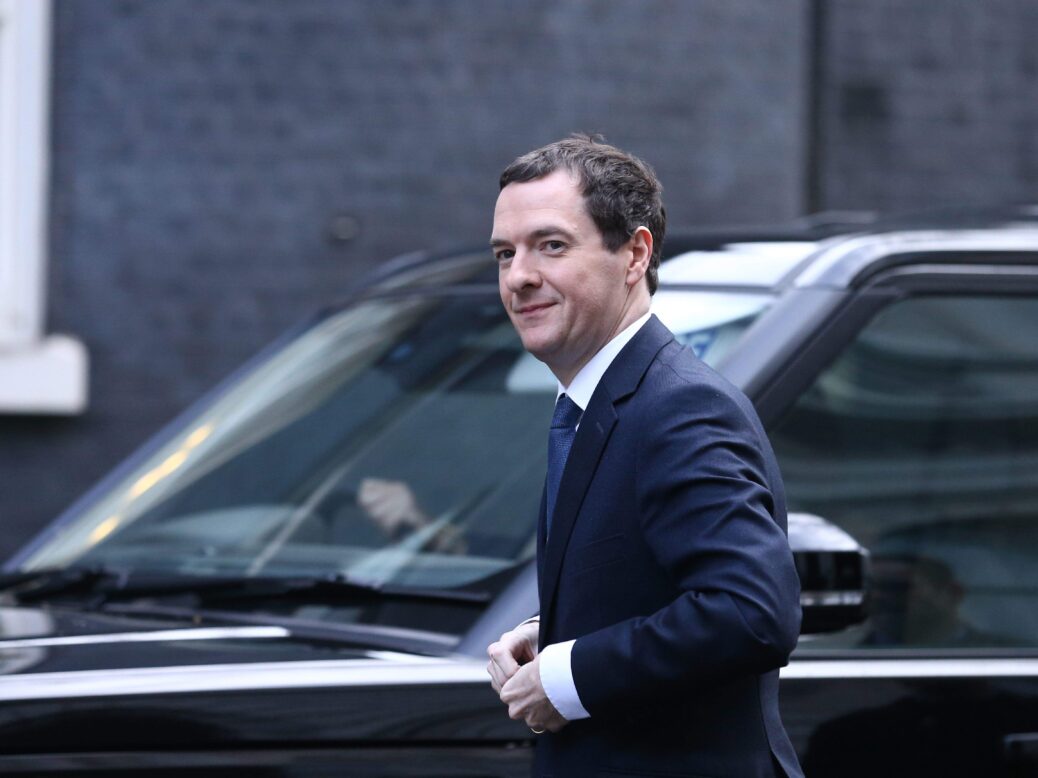
Every school in England will become an academy, Newsnight’s Christopher Cook reports. It’s difficult to know where to start with this, a policy idea so stupid that, were it a person, it wouldn’t be able to give informed consent, but let’s give it a try.
Academy schools come in two flavours: Blair-Adonis and Gove. Blair-Adonis academies were set up prior to 2010, either when a failing school became an academy, or when a new academy was set up in an area with low educational performance. Then there’s the “Gove flavour” academies, which were set up after 2010, when existing schools were able to become academies if they wanted to. As there was extra cash available for schools that made the transition, many did. Now, of the 3,381 state secondaries in England today, 2,075 are academies of one kind or another.
At the primary level, the academy programme is still in its infancy: just 2,440 out of 16,766 primary schools are academies. Some academy schools are very good, some are very bad, some are middling, but we now have a fairly good idea of the three crucial elements of a good academy school: strong school leadership, high-quality teaching and a high-quality academy chain (what we call it when the organisation that runs an academy runs more than one school).
That last part is important: though there are now over 30 academy chains in Britain, just three – Ark, Harris and the Diocese of Westminster – consistently achieve results that are well above the national average, as far as what we call “value added” is concerned. (This is the metric where we gauge how much good a school is actually doing. A school that admits A*-grade students and turns out A grades may be one of the most successful in the country academically, but its “value added” would be through the floor.) If you want to convert the remaining 1,306 secondary schools into academies, let alone get started on the primary sector, the government would need to spend big – and I mean big – on creating new academy chains, attracting new groups to run them, and on beefing up the Department for Education to deal with the increased supervisory role the change would bring – and all that at a time of fiscal retrenchment.
Instead, they’ve announced £1.5bn – a little over £95,000 for each remaining school – ie, only around £20,000 leftover once you’ve paid the salary of a secondary school headteacher. This is not a realistic amount of money to “academise” the remaining local authority schools.
It has the unmistakable feel of a government announcement designed purely to ward off accusations that, under a year into its life, the Conservative government has lost energy and focus. It feels like a U-Turn waiting to happen.





